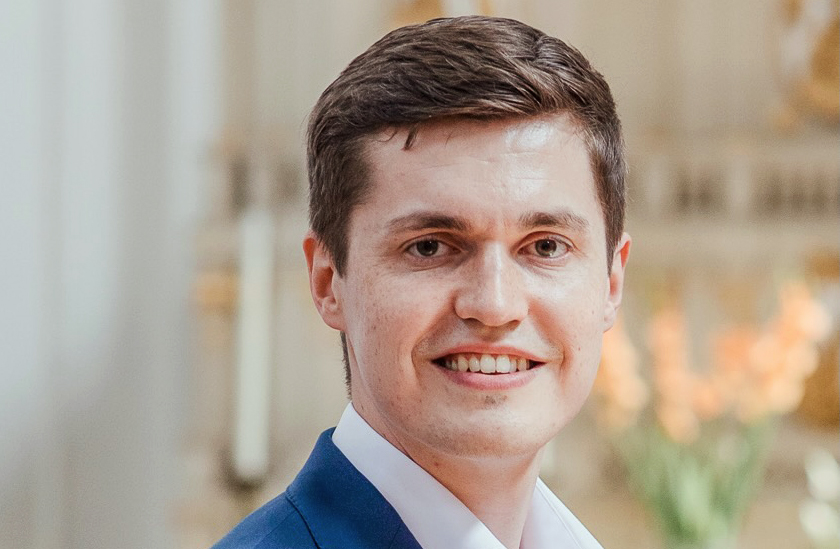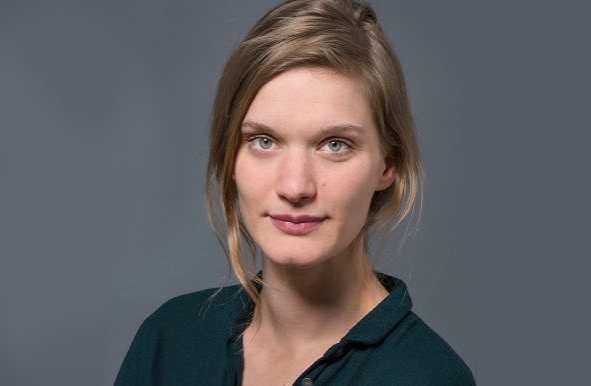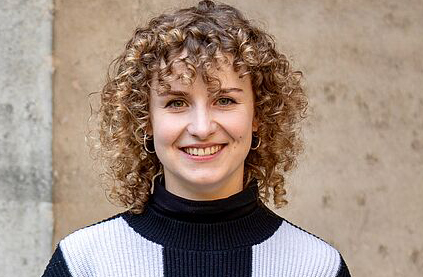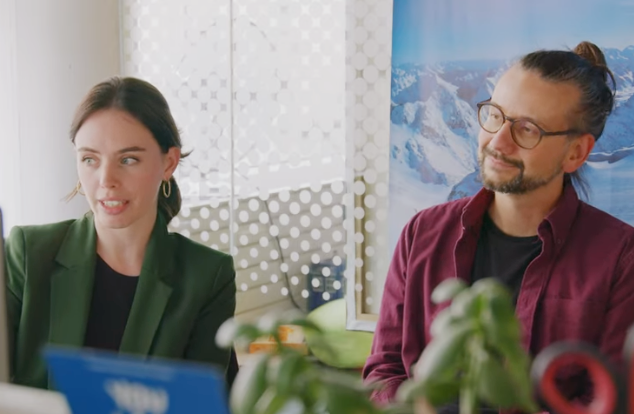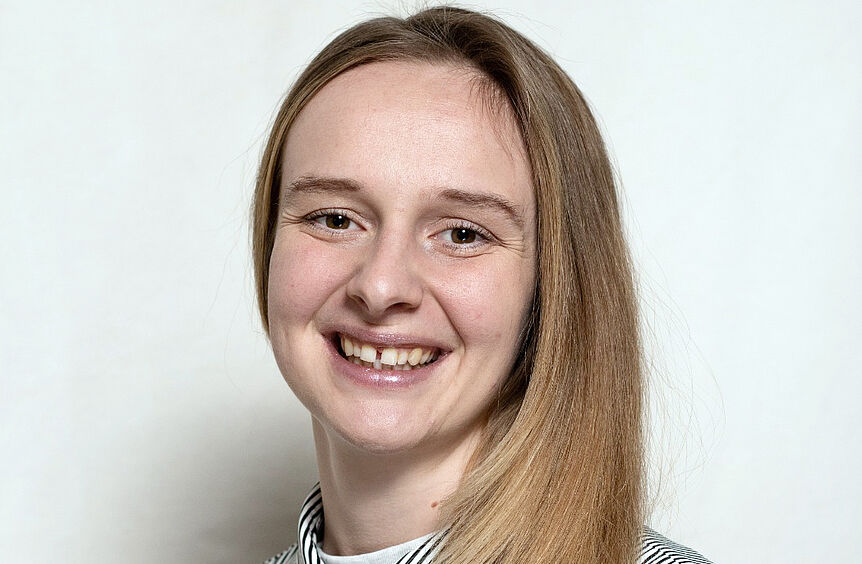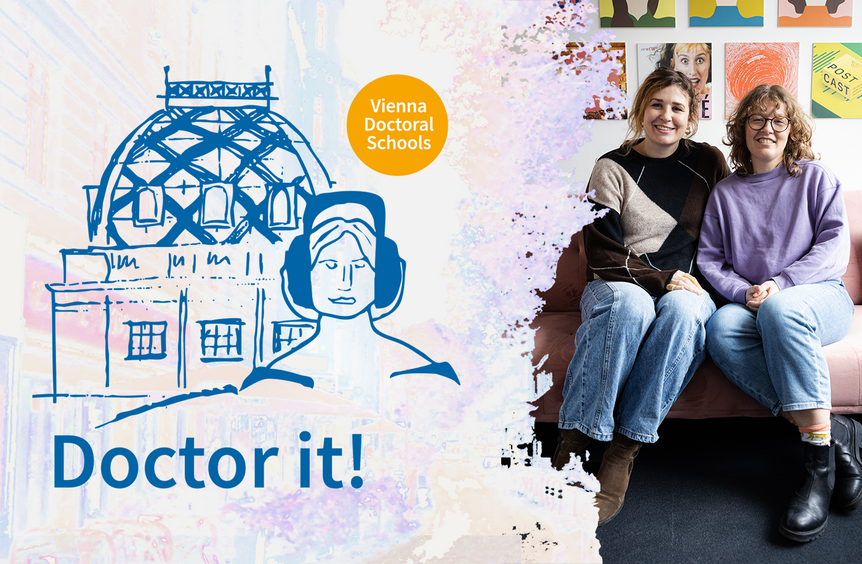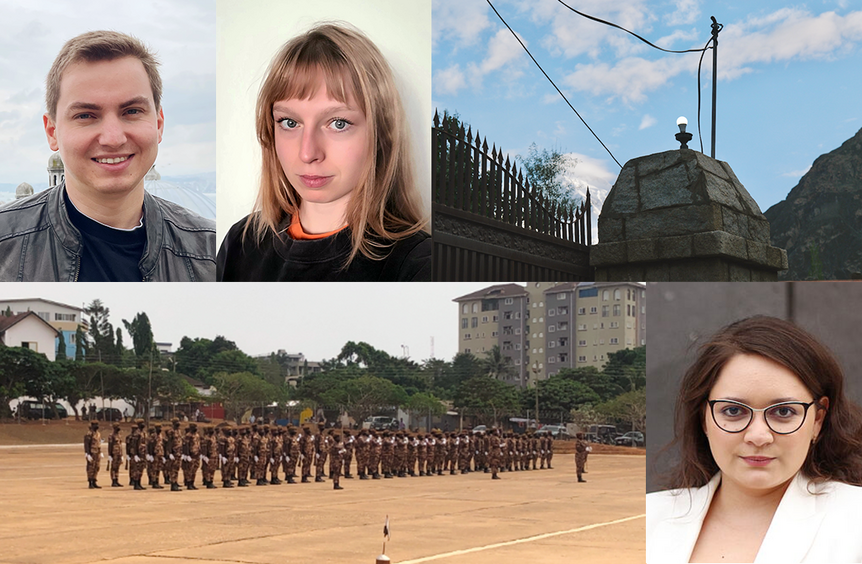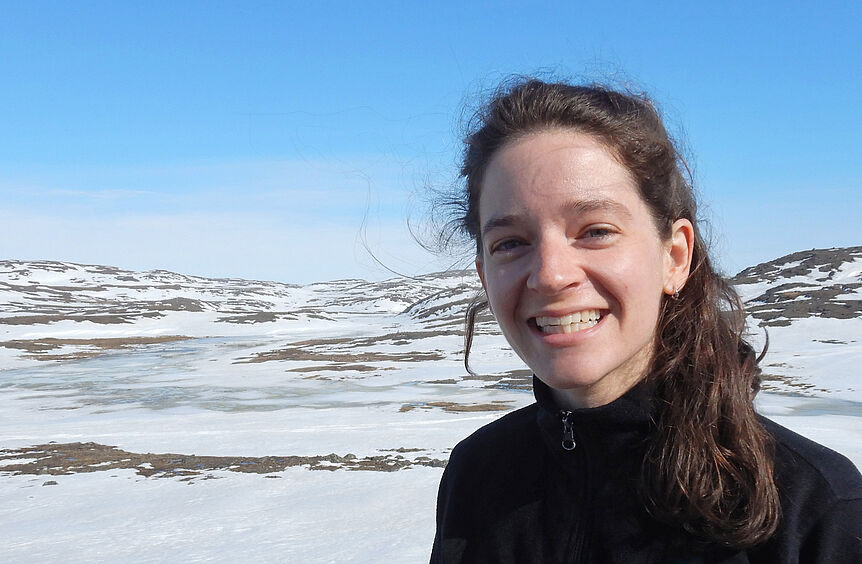The Vienna Doctoral School of Social Sciences promotes innovative, excellent, problem-oriented research that aspires to contribute to societal debates and address key global challenges.
The cohorts trained and supported by the ViDSS are part of a vibrant research environment and international networks. The ViDSS encompasses and fosters connections between a broad range of disciplinary, interdisciplinary and transdisciplinary perspectives. The ViDSS embraces the entire range of epistemological, methodological and theoretical approaches that are employed at the Faculty of Social Sciences. Doctoral candidates receive research training and write a doctoral thesis in the fields of communication, demography, development studies, nursing science, political science, science and technology studies, social and cultural anthropology, and sociology. The ViDSS aims for the highest standards in doctoral training and close supervision to ensure a mastery of social scientific debates and relevant theories and methods. As a result, ViDSS graduates are highly employable both within and outside academia.
New publications by ViDSS students
In: Schulheft, Vol. 195, 2024, p. 43-53.
Publications: Contribution to journal › Article › Peer Reviewed
In: Politix : Zeitschrift des Instituts für Politikwissenschaft, Vol. 52, 2024.
Publications: Other contribution to periodical › Book/Film/Event review
Mit einer Jobgarantie zum Recht auf gute Arbeit: Ansätze fortschrittlicher Arbeitsmarktpolitik in Österreich. ed. / Moder Clara; Quinz Hannah; Tamesberger Dennis; Theurl Simon; Witzani-Haim Daniel. ÖGB-Verlag, 2024. p. 229.
Publications: Contribution to book › Chapter › Peer Reviewed
COVID-19 en América Latina: solidaridad, desigualdades y espacios cotidianos. ed. / Consuelo Fernández Salvador; Michael D. Hill; Isabella Radhuber; José Antonio Román Brugnoli. Quito, Ecuador: FLACSO Ecuador, 2024. p. 77-102.
Publications: Contribution to book › Chapter › Peer Reviewed
Zwischenstationen/Inbetween: Kommunikation mit geflüchteten Menschen/Communicating with Refugees. ed. / Katia Iacono; Barbara Heinisch; Sonja Pöllabauer. Frank & Timme Berlin, 2024. p. 279-291.
Publications: Contribution to book › Chapter › Peer Reviewed
In: Schulheft, Vol. 194, 2024.
Publications: Contribution to journal › Article › Peer Reviewed
In: International Journal of Ageing and Later Life, 2024.
Publications: Contribution to journal › Article › Peer Reviewed
16 p. 2024.
Publications: Other publication › Other
In: Journal of Information Technology & Politics, Vol. 21, No. 3, 2024, p. 218-233.
Publications: Contribution to journal › Article › Peer Reviewed
In: Journalism, 2024.
Publications: Contribution to journal › Article › Peer Reviewed
Dekolonialität in der Politischen Bildung: Beiträge aus Theorie und Praxis. ed. / Lara Kierot; Malte Kleinschmidt; Dirk Lange. SpringerVS, 2024. p. 71-84 (Citizenship - Studien zur politischen Bildung).
Publications: Contribution to book › Chapter › Peer Reviewed
In: Journal für Entwicklungspolitik (JEP), Vol. Enacting the Future: Environmental Activism Worldwide, 2024, p. 234-237.
Publications: Other contribution to periodical › Book/Film/Event review
Die Verknüpfung von Migrationskontrolle und Sozialpolitik in Deutschland, Österreich und der Schweiz. ed. / Lisa Borelli; Stefanie Kurt; Nora Ratzmann. 2024.
Publications: Contribution to book › Chapter › Peer Reviewed
In: European Planning Studies, Vol. 32, No. 12, 2024, p. 2535-2554.
Publications: Contribution to journal › Article › Peer Reviewed
In: European Journal of Political Research, 2024.
Publications: Contribution to journal › Article › Peer Reviewed
Springer VS, 2024. 78 p. (Citizenship - Studien zur politischen Bildung).
Publications: Book









